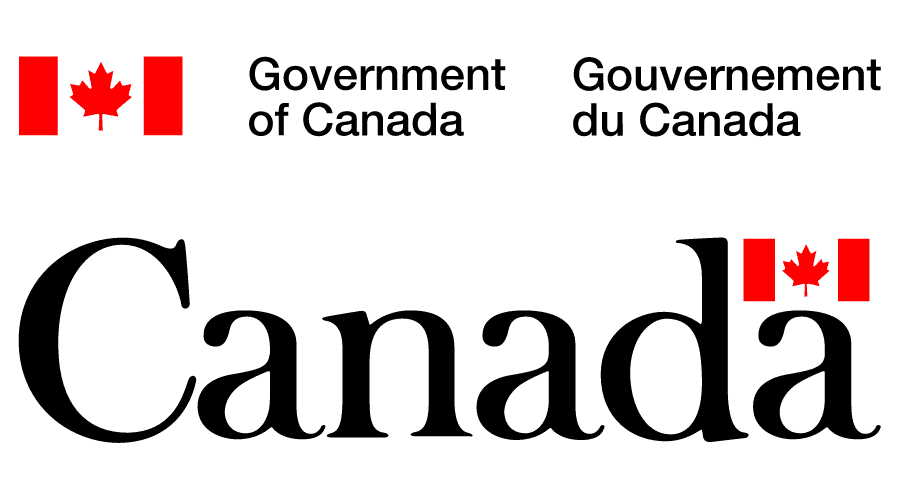Canada took a substantial stride towards fulfilling its commitment to phase out inefficient fossil fuel subsidies by releasing a framework to identify which measures will be included in this long-awaited endeavor. The policy announcement, made on July 24, 2023, represents a landmark in Canada’s efforts to eliminate support for fossil fuels and align with its climate targets and international obligations.
One of the notable strengths of the subsidies policy is its adoption of a definition of fossil fuel subsidies that aligns with the World Trade Organization’s (WTO) definition. This comprehensive definition includes direct transfers, foregone revenue, transfer of risk, and provision of goods and services. By adopting such a definition, Canada is setting a clear direction on how subsidies will be classified in the future, which is crucial for the successful phase-out process.
Additionally, the government deserves commendation for setting a timeline to end domestic public financing for fossil fuels by 2024. As a significant portion of Canada’s financial support for fossil fuels comes from public financing, this step is pivotal in redirecting funds towards cleaner, renewable energy sources.
The International Institute for Sustainable Development (IISD) has played a significant role in advocating for an efficient subsidy phase-out, and it welcomes the progress made so far. The IISD encourages the government to publish a plan for ending domestic public financing for fossil fuels this year, followed by a comprehensive policy next year. The international public finance policy established last year serves as a strong foundation for this work.
However, there are concerns that certain exemptions within the framework could allow for continued fossil fuel support. For instance, “abated” fossil fuel production, which includes projects with emissions reduction measures like carbon capture and storage in the oil and gas sector and fossil-derived hydrogen, might still receive support. The IISD’s research suggests that government support for decarbonization in the oil and gas sector is both costly and inefficient, and carbon capture and storage may not be a true net-zero solution.
To ensure full transparency and accountability, the government should publish a complete inventory of identified subsidy measures and provide a rationale for any exemptions made this year. Furthermore, clear and standardized mechanisms for enforcing and implementing the policy across various government departments should be established.
Laura Cameron, a Policy Advisor with IISD, lauds the government’s progress as a significant step forward and an exemplary model for other G20 nations. However, she also stresses the need to close the gaps in the framework to prevent public money from continuing to support oil and gas production. As Canada rapidly transitions towards renewable energy, closing these gaps will ensure that public funds are genuinely advancing climate solutions.
In conclusion, Canada’s fossil fuel subsidy framework represents a significant step forward in its commitment to eliminate inefficient subsidies and move towards a more sustainable energy future. The adoption of a comprehensive definition for fossil fuel subsidies and the timeline to end domestic public financing are commendable efforts. Nevertheless, the government must address the exemptions that could still allow for continued support for fossil fuels. By doing so, Canada can demonstrate global leadership and show its determination to combat climate change effectively.
